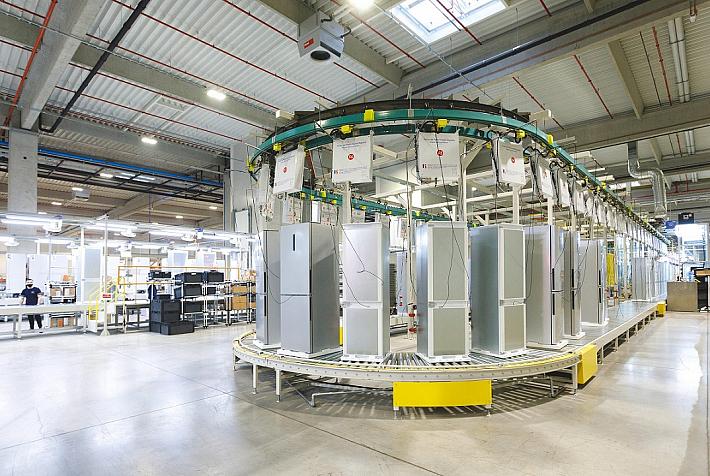Romanian companies' most pressing problems

The most pressing issues companies in Romania face are taxation, competition and lack of demand, according to a Central Bank (BNR) analysis. Financing is also among pressing problems mentioned by Romanian companies.
Some 16% of companies said that access to financing is a pressing issue, similarly to the previous analysis. A fifth of companies with loans consider access to financing a pressing issue, higher than among companies without loans – 13%.
When it comes to the companies’ main sources of financing, non-financial companies continue to reinvest the profit or sell assets to finance their activity (44% of respondents in the period October 2014-March 2015). Companies use bank financing at a low-scale, only 7% indicating the use of bank overdrafts or credit lines and 3% opting for investment loans.
Corporations continued to show a greater appetite for bank financing. A third turned to bank overdraft or credit lines and 10% opted for investment loans, according to BNR’s analysis.
Most non-financial institutions, namely 66%, didn’t turn to external financing sources between October 2014 and March 2015 while 26% used external funding for working capital or to pay suppliers.
Most companies, 62%, said they haven’t requested loans from financial institutions between October 2014 and March 2015.
Turning to EU funds is still a very low level, but there is an increase in the share of companies to whom such funds were repaid between October 2014 and March 2015, compared to the previous semester, according to BNR.
The survey results show a slight decrease in the share of companies that don’t have ongoing loans – from 81% to 79%.
When it comes to the main difficulties companies encounter when accessing financing from banks and/or non-banking financial institutions, the results are similar to the previous survey. The main obstacles are: requirements on the guarantee value or type, a too high level of interest and fees, and the contract terms.
Some 64% of companies stated they don’t need financing from banks or non-banking financial institutions, higher than the 53% in September 2014. A quarter of companies believe that the current cost of funding would affect the company’s activity or ability to repay the loan.
Meanwhile, 64% of SMEs said they don’t need financing from banks or non-banking financial institutions, which was higher than for corporations – 25%.
Most non-financial companies plan to maintain or even reduce the bank debt, the same as in previous years, the rations being on an upward trend: 64% of companies wouldn’t take a loan in RON and 68% wouldn’t take a loan in EUR, no matter the costs.
BNR conducts the survey twice a year, in March and September.
Irina Popescu, irina.popescu@romania-insider.com












